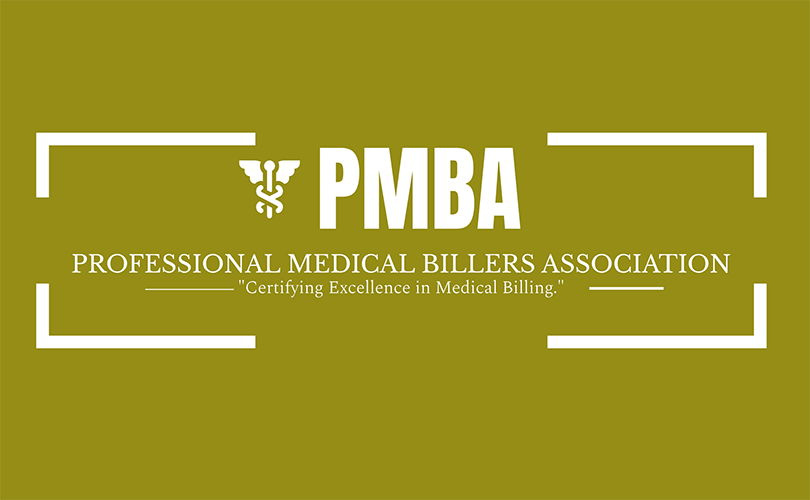Medical billing refers to the process of submitting and following up on claims with health insurance companies in order to receive payment for medical services rendered. It involves creating and submitting claims to insurance companies on behalf of patients, and then following up with the insurance company to ensure that the claims are processed and paid correctly.
The medical billing process includes verifying patient insurance coverage, submitting claims, tracking payments, and handling any denials or rejections from insurance companies. It also involves communicating with patients about their insurance coverage, copays, deductibles, and any outstanding balances owed to the healthcare provider.
Medical billing is an important part of the healthcare industry, as it ensures that healthcare providers are paid for the services they provide and that patients are not left with large medical bills they cannot afford to pay.
The healthcare industry requires certified professional medical billers for a number of reasons:
Medical Biller
Accurate Billing: Certified medical billers are trained to accurately code and submit claims to insurance companies, which helps to ensure that healthcare providers receive proper payment for their services.
Compliance: Certified medical billers are trained on the latest healthcare regulations, including HIPAA (Health Insurance Portability and Accountability Act) and Medicare guidelines. They are able to ensure that billing practices are compliant with these regulations, reducing the risk of fines or legal action.
Increased Revenue: Certified medical billers can help healthcare providers maximize revenue by identifying billing errors, ensuring that claims are submitted on time, and following up on unpaid claims.
Cost Savings: By hiring a certified medical biller, healthcare providers can save money on training costs and reduce the risk of billing errors and denials, which can be costly to correct.
Improved Patient Satisfaction: Certified medical billers can help to reduce patient confusion and frustration by providing accurate information about insurance coverage, co-pays, and deductibles, and by resolving billing issues in a timely manner.
The CPMB (Certified Professional Medical Biller) certification is a credential offered by the Professional Medical Billers Association LLC. www.pmbausa.com It is designed for individuals who work in medical billing and coding and who want to demonstrate their expertise and professionalism in the field.
To become a CPMB, candidates must meet certain eligibility requirements, which include having at least two years of experience in medical billing and coding or completing a PMBA-approved program. Candidates must also pass an examination that covers topics such as healthcare regulations, medical coding, claims processing, and reimbursement.
The CPMB certification is recognized in the healthcare industry as a mark of expertise and professionalism in medical billing and coding. It can help individuals advance their careers and increase their earning potential. Additionally, it can provide employers with confidence that their medical billing staff is knowledgeable and skilled in their work.
The salary of a certified professional medical biller can vary depending on factors such as geographic location, years of experience, education level, and the type of healthcare setting in which they work.
According to data from PayScale, the average salary for a certified medical biller in the United States is around $18.00 per hour, or approximately $40,000 per year. However, this figure can range from around $27,000 per year for those just starting out in the field, to over $60,000 per year for those with more experience or working in high-demand areas.
Medical billers who work in larger healthcare organizations or hospitals may also have the potential to earn higher salaries, as may those who hold supervisory or managerial positions within their organizations.
Certified professional medical billers ( CPMB) have a variety of opportunities within the healthcare industry. Here are a few examples:
Healthcare Providers: Certified professional medical billers can work in healthcare settings such as hospitals, clinics, and private practices. They can be responsible for coding and submitting claims to insurance companies, handling patient billing inquiries, and managing revenue cycle operations.
Insurance Companies: Insurance companies also need medical billers to process claims and ensure that payments are made correctly. Medical billers in insurance companies can also help identify fraudulent claims or billing errors.
Read More: TrichoGene-Minoxidil Response Test (MRT) will save you time and money for hair loss treatment
Billing and Coding Companies: There are a number of third-party billing and coding companies that specialize in providing medical billing services to healthcare providers. Certified professional medical billers can work for these companies to provide outsourced billing services to healthcare providers.
Education and Training: Certified professional medical billers can also work in education and training, providing instruction on medical billing and coding to students or other professionals in the field.
Consulting: Medical billing consultants can provide services such as auditing medical billing processes, providing guidance on regulatory compliance, or helping healthcare organizations improve revenue cycle operations.
Overall, there are many opportunities available to certified professional medical billers (CPMB), and the demand for skilled professionals in this field is expected to continue to grow.
Visit www.pmbausa.com for more information.


